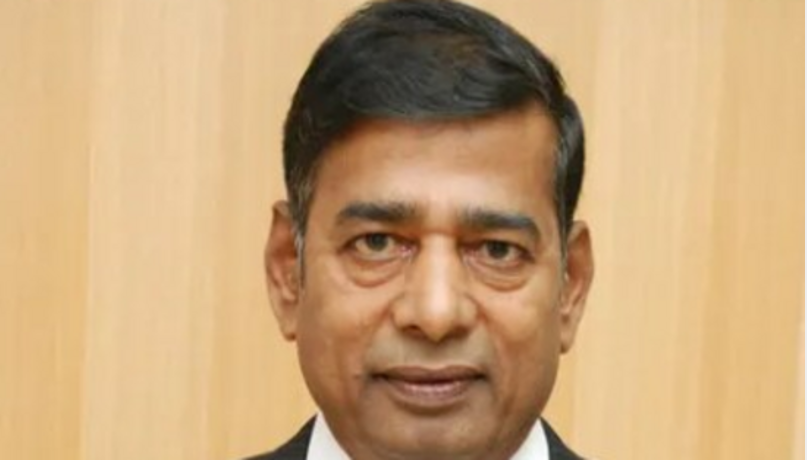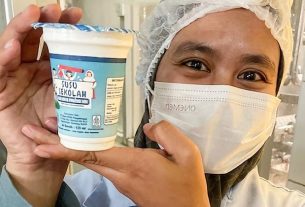KP Ramaswamy, the owner of KPR Mills in Coimbatore, is a name synonymous with transformation—not in the traditional corporate sense, but in the way he has reshaped the lives of his workers. Known fondly as “Appa” (father), Ramaswamy’s philosophy goes beyond profit margins and employee retention. It centers on education and empowerment, a strategy that has given over 27,500 women the tools to change their futures.
Ramaswamy’s journey began with a simple, life-changing request from one of his workers: “Appa, I want to study.” This young girl, pulled out of school due to poverty, wanted to continue her education. Ramaswamy’s response was nothing short of transformative. Instead of offering merely a paycheck, he envisioned a system where his employees could pursue higher education while still working at the mill.
He set up a fully-funded educational system right inside the mill, offering four-hour classes after their eight-hour shifts. The initiative included classrooms, teachers, a principal, and even yoga sessions. The result? Over 24,500 women have earned degrees ranging from high school to postgraduate levels. Many have become nurses, teachers, and police officers. In fact, 20 women earned gold medals from Tamil Nadu Open University in just one year.
While most businesses fret about employee turnover, Ramaswamy welcomes it. “I don’t want to keep them in the mill and waste their potential,” he says. “They are here because of poverty, not by choice. My job is to give them a future, not a cage.”
Once these women graduate, they often move on to better careers, and many return to the mill to send other girls from their villages. This creates a cycle of empowerment that extends far beyond the factory walls.
At a recent graduation, Ramaswamy made a poignant request: “If you or your friends can hire them, it will give other girls the hope to study further.” This gesture demonstrates his commitment to his workers’ futures, even beyond his own business.
Ramaswamy’s approach isn’t merely corporate social responsibility—it’s a profound example of human resource development and leadership. It challenges traditional business practices and serves as a model of ethical leadership that should be studied by HR professionals, B-schools, and anyone interested in the power of education and empathy in business.
Excerpts from MetroIndia.net



